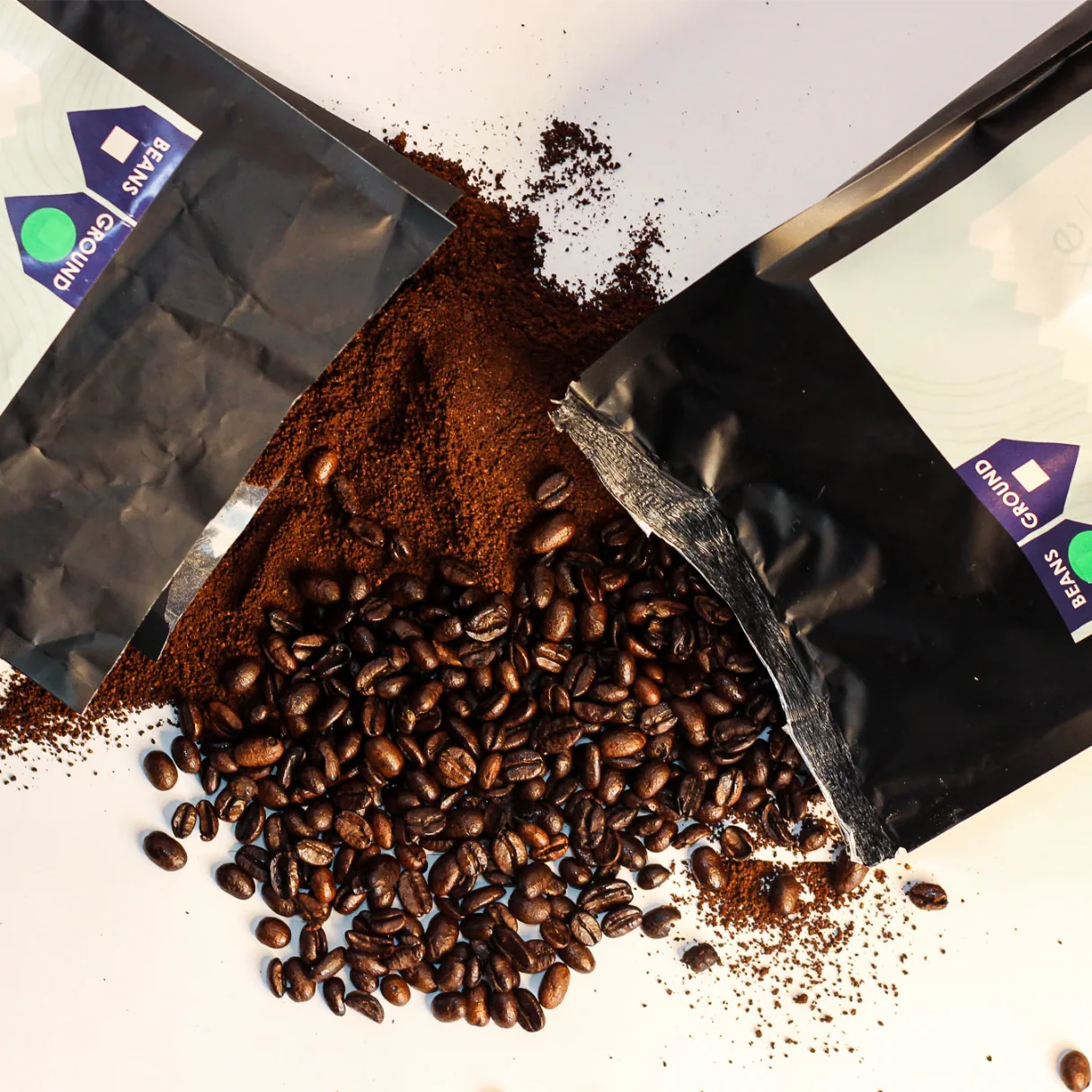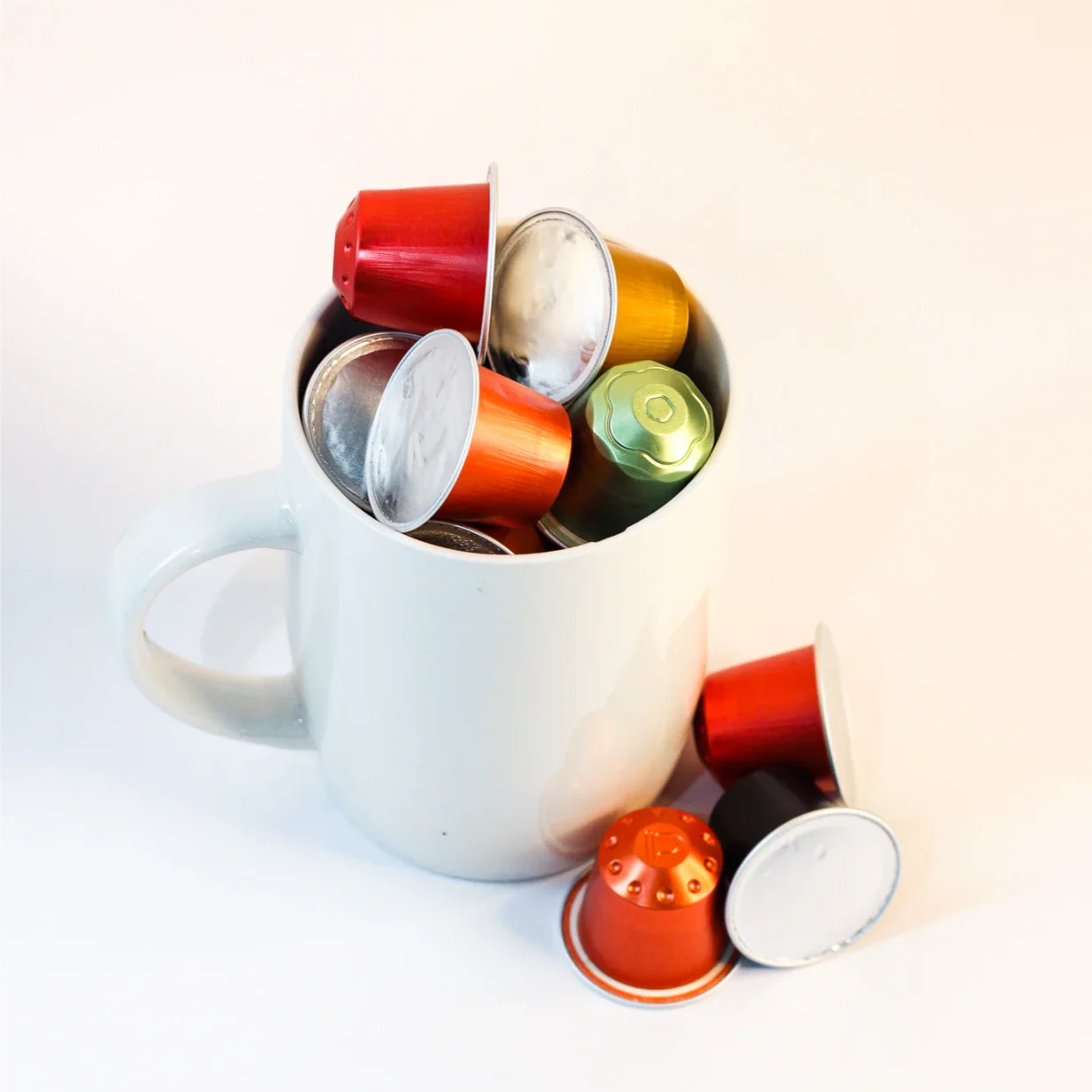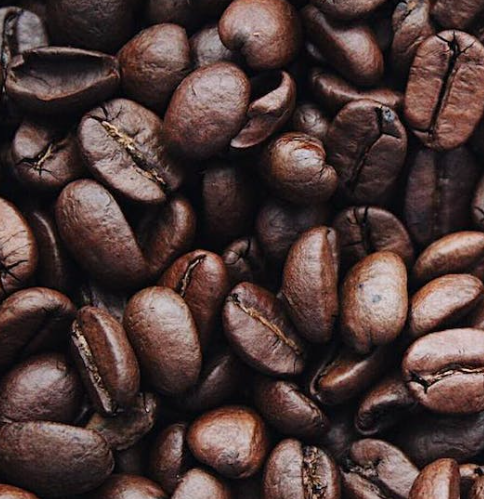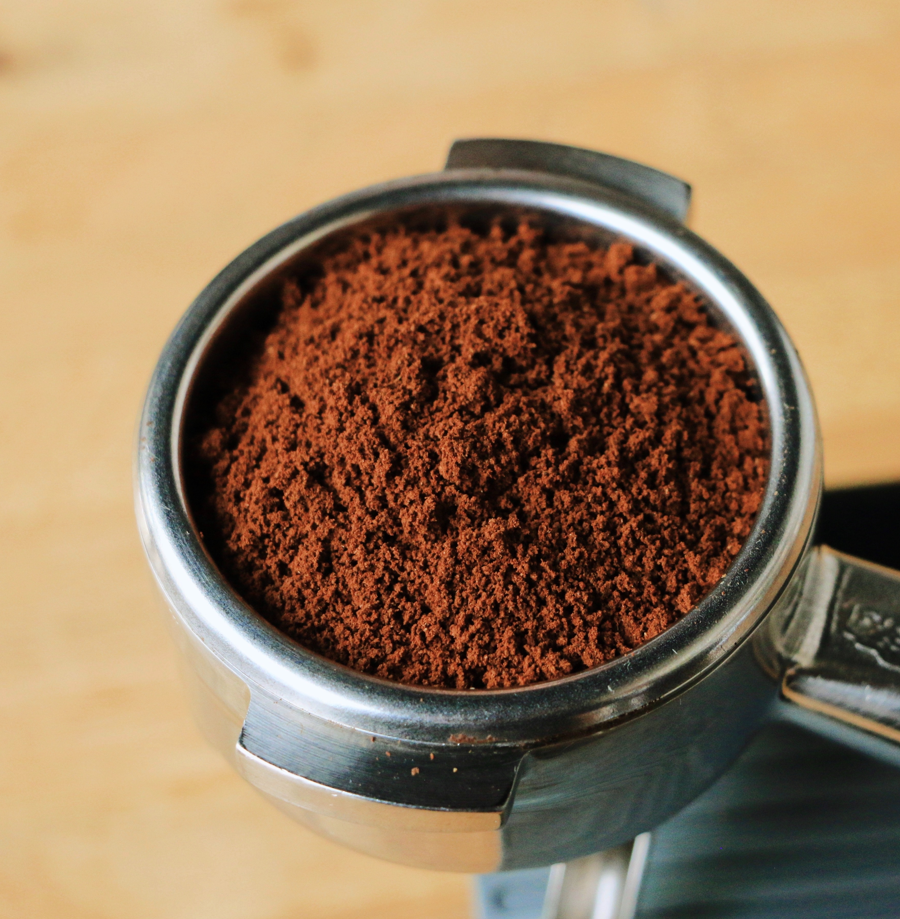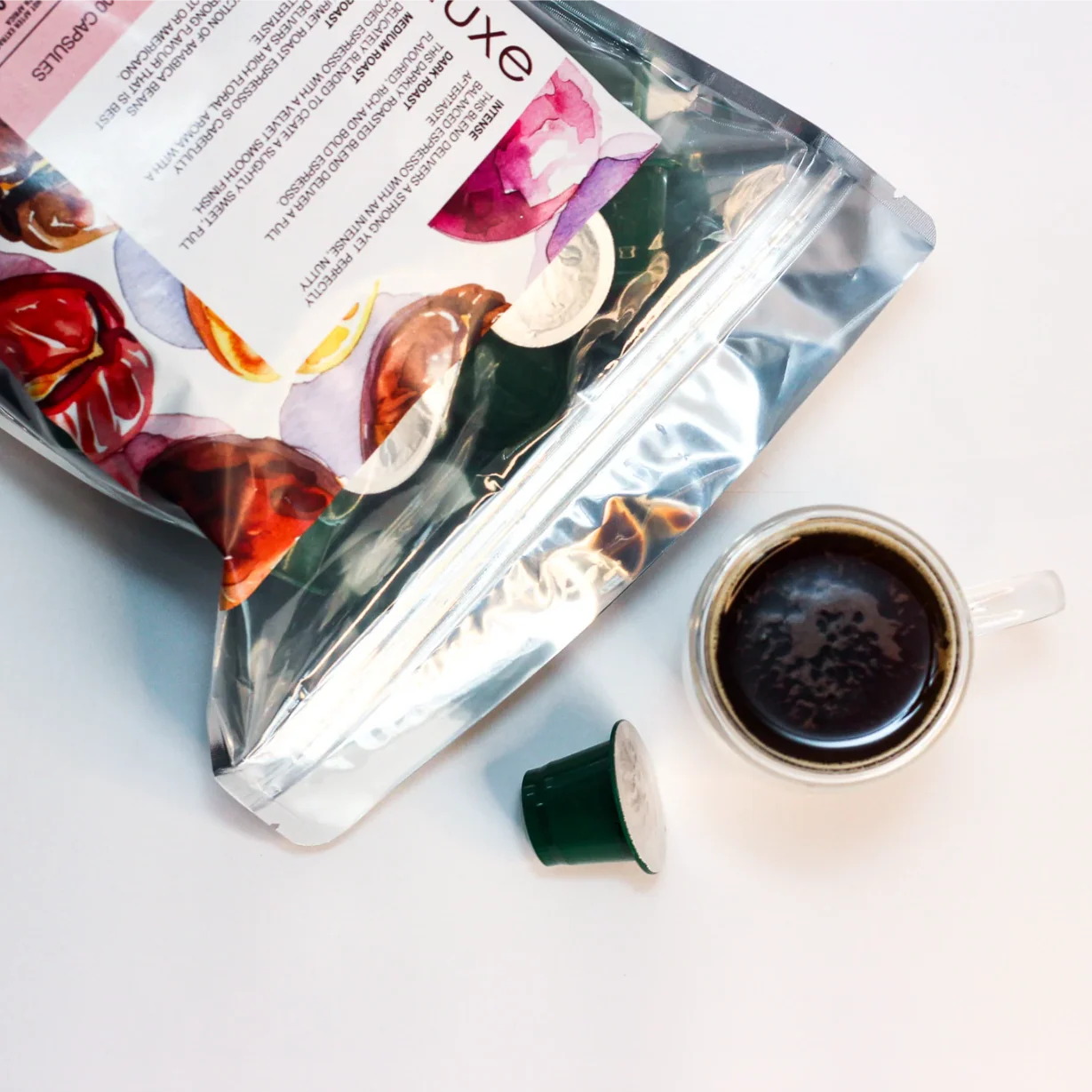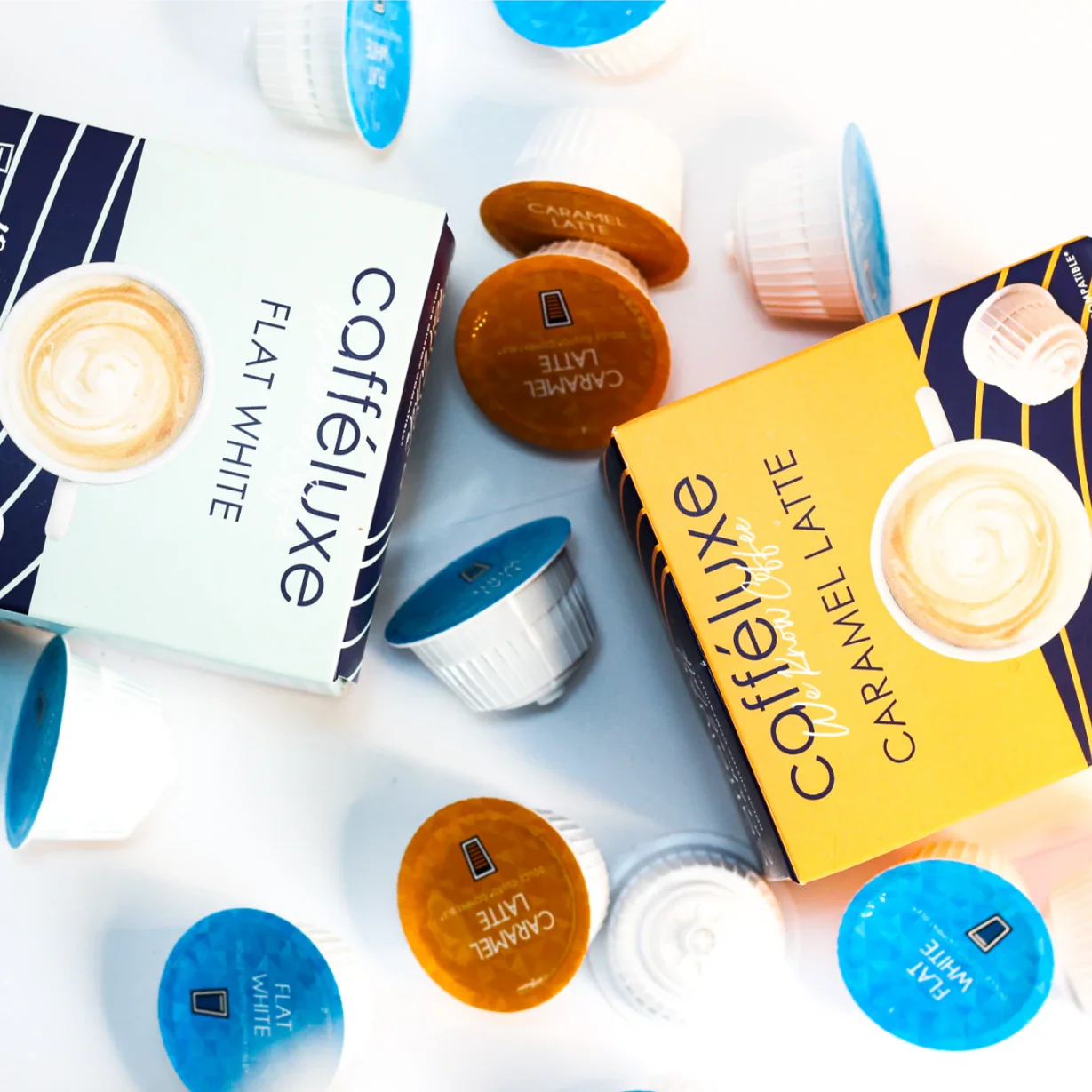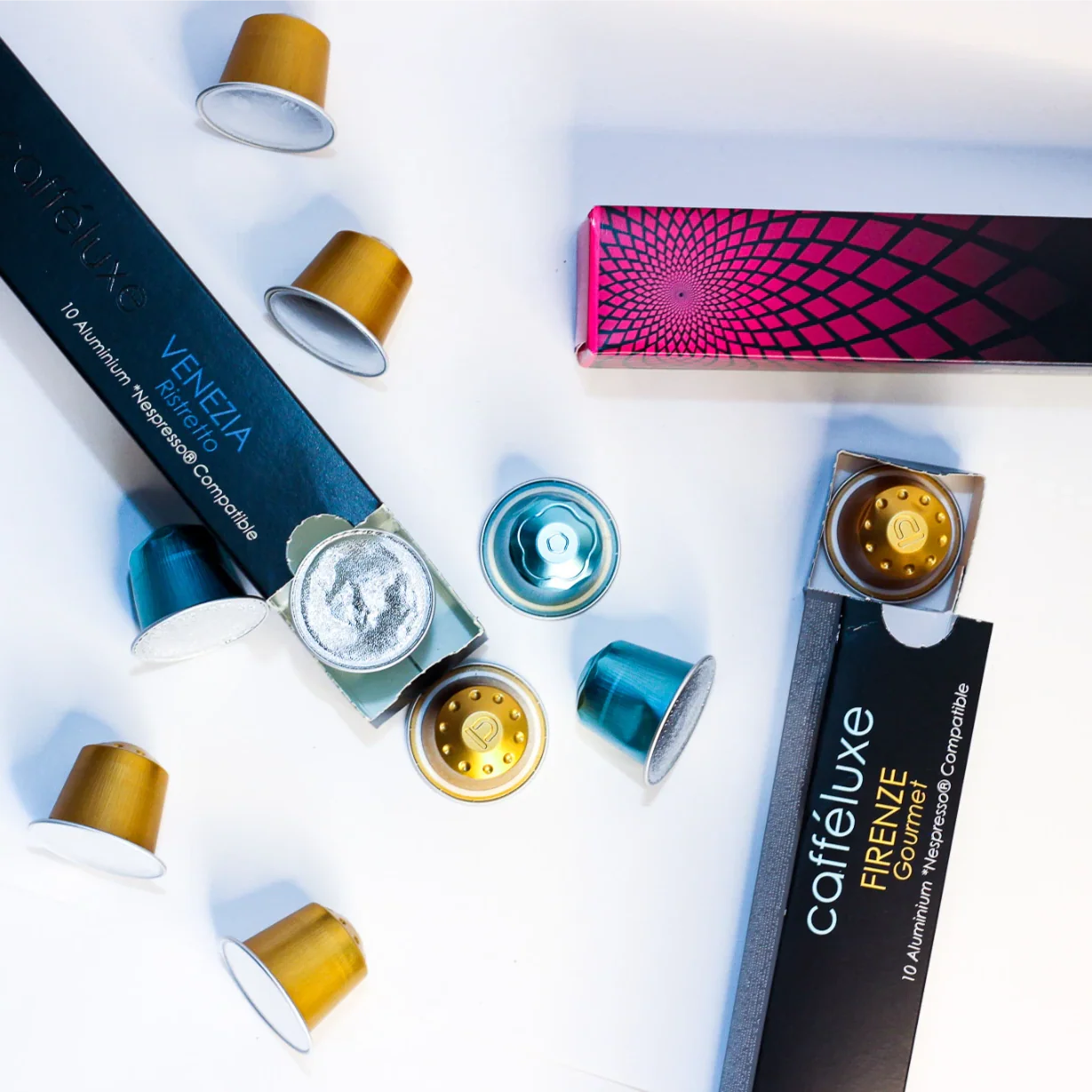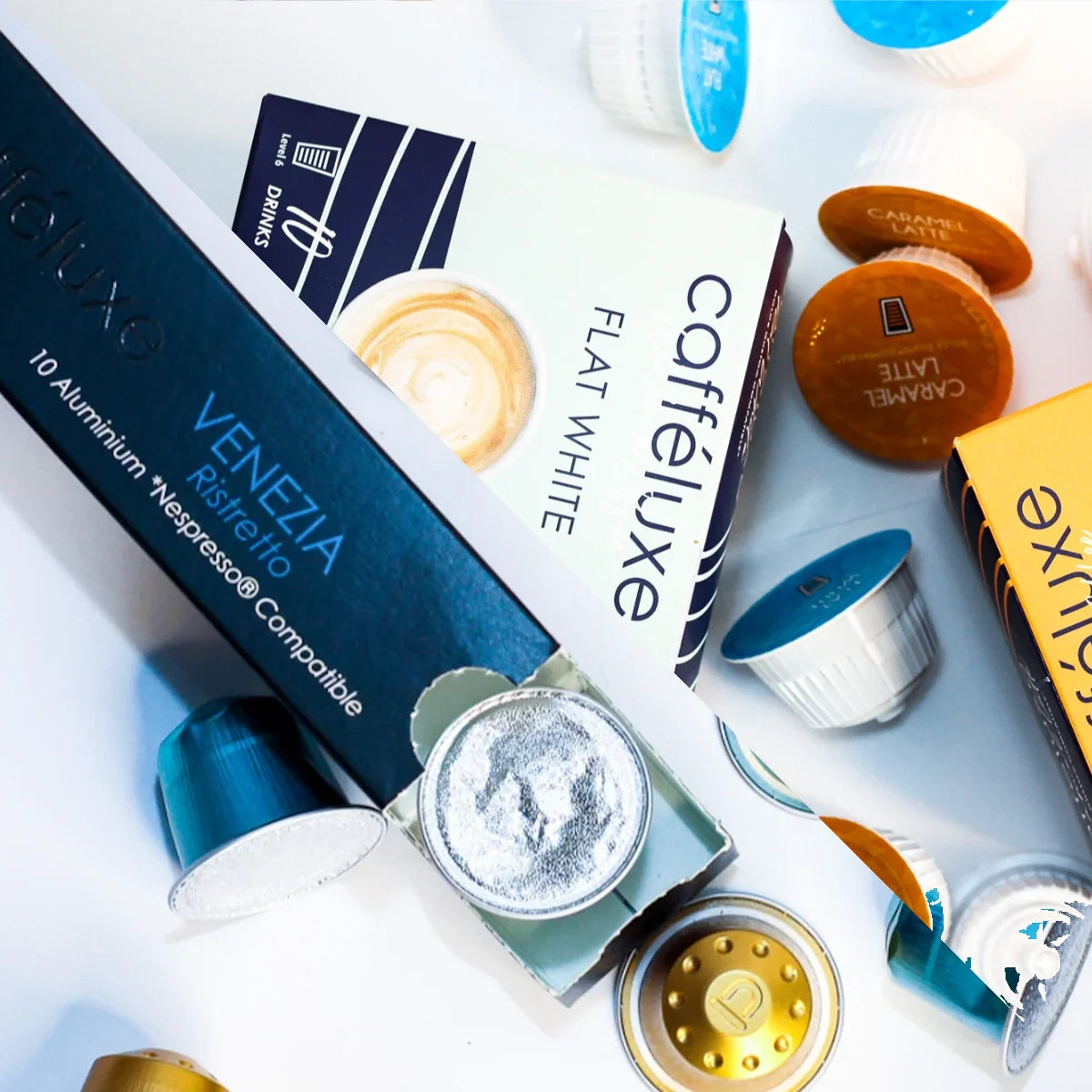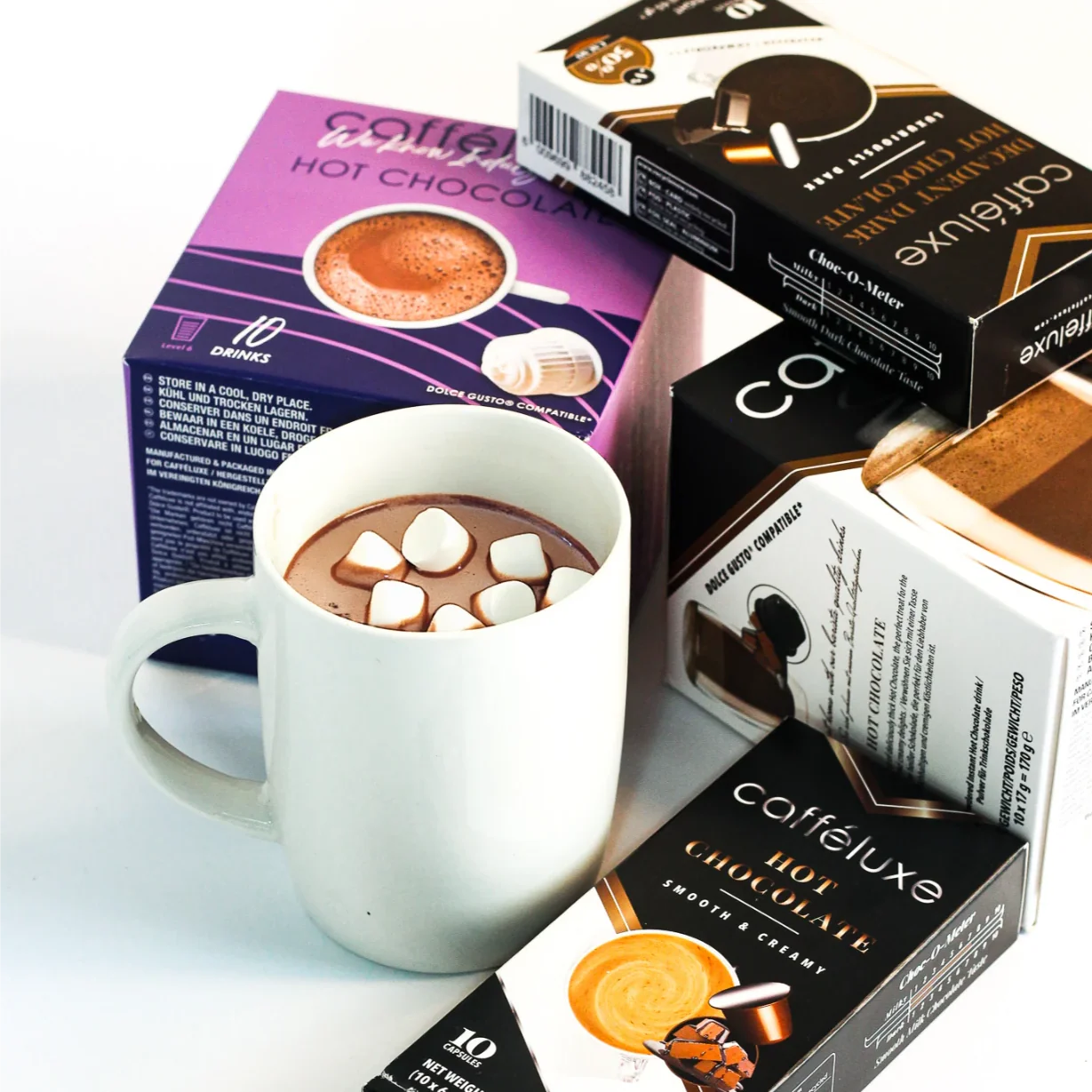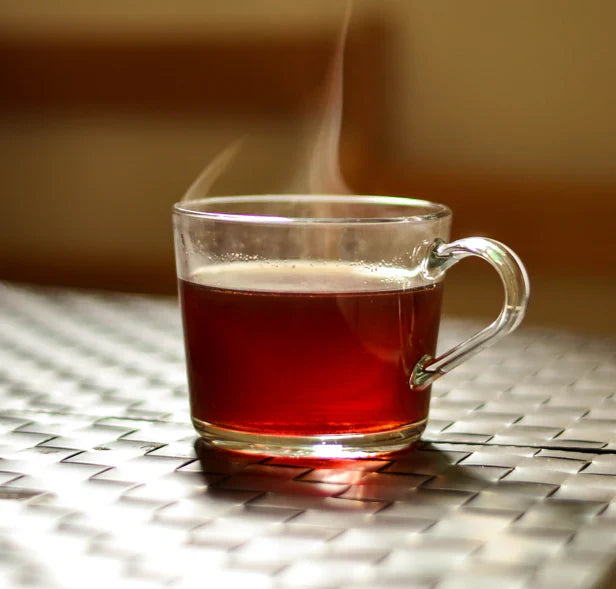
Caffeine - The Naked Truth
Caffeine. It's one of the most widely-publicised ingredients in coffee, and it's what puts the get-up-and-go into our morning cup of java. But aside from its hugely welcoming effect as a stimulant, particularly early in the morning and late at night, how much do you actually know about caffeine, and the effect it has on the human body? Let's strip it down to the bare essentials, and take a closer look.
What Is Caffeine?
In its most basic form, caffeine is a drug - albeit a legal one found naturally in coffee and in a variety of beverages. By simply altering the actions of a number of hormones and neurotransmitters, two of our most important chemical signals, caffeine is able to produce a significant effect within our bodies.
As soon as you ingest a dose of caffeine, either through a cup of tea, coffee, or another caffeinated beverage, the caffeine begins to bind itself to the adenosine receptors throughout your brain and nervous system. These receptors act as inhibitory neurotransmitters that suppress the level of activity of the neurons that interact with them. Given that adenosine is associated with the promotion of sleep and relaxation, and that caffeine binds itself to these receptors, preventing them from performing their intended action, this is the reason behind the alert and wakeful feeling that most people experience when consuming caffeine.
Once the caffeine has suppressed your adenosine function, it then begins to alter the role of other hormones and neurotransmitters within your body - the most significant of these being the adrenals that produce and secrete epinephrine and cortisol. These 'fight or flight' hormones are used to increase your heart and respiration rates while also causing you to relax. Studies show that caffeine is able to increase the amount of epinephrine in our bodies by as much as 250%, effectively producing a stress response, while increasing the circulation of serotonin in parts of the nervous system as well. The result? Increased energy levels and an elevated mood, all thanks to one natural drug. No wonder coffee is such a beloved morning, afternoon, and evening staple!
The Benefits of Caffeine
Although caffeine is technically classified as a drug, it nevertheless has far fewer side effects than illegal narcotics, and even legal substances such nicotine and alcohol. In fact, when taken in moderate quantities, it can even have a proven range of benefits, such as:

Morning alertness: Tired in the mornings? A jolt of caffeine can have just the stimulating effect your body needs to get up and at 'em.

Athletic performance: Studies have found that caffeine can in fact help athletes improve both their endurance and muscular power. This equates to better training sessions and greater gains in strength, fitness and overall performance

Improved cognitive performance: In addition to better preparing your body for physical endurance, caffeine can also help your mind to think more clearly, with low to moderate doses of caffeine facilitating improvements in both short-term memory and systems processing.
Making the Most of Your Daily Cup
So how can you maximise these very real benefits while avoiding any potential side effects?
Monitor your caffeine intake. While low to moderate doses of caffeine can be beneficial, ingesting too much over time can lead to a continuous replacement of hormones within your body, broken down by the continuous binding of caffeine to your receptors. Ultimately this can lead to a decrease in Vitamin B, a suppression of iron absorption, and headaches and fatigue should you ever lower your caffeine intake. If you ever start to feel jittery after consuming coffee or other caffeinated beverages, limit your intake immediately, and monitor your body for other symptoms of overexposure to caffeine.
Experiment with alternatives. Want to experience the naturally stimulating qualities of caffeine without drinking coffee? Try alternatives such as cacao, or unprocessed chocolate. Cacao contains a compound similar to caffeine that is able to stimulate blood flow throughout the body while leaving the nervous system intact. As a result, you'll feel more alert, vibrant and energised - although you may want to keep an eye on your waistline if you start to consume it on a regular basis!
Now that we've laid the ins and outs of caffeine bare, it's time for you to decide if and when to regulate your caffeine intake. If you feel the benefits of being more awake and more stimulated throughout the day, it's likely your caffeine consumption is in balance with your body's needs. If, however, you feel erratic, shaky or anxious, you may want to cut back on coffees and cooldrinks, and supplement your fluid intake with water instead. Whichever direction you choose, however, it's safe to say that caffeine is more good than bad - so whether you feel better on one cup of coffee, or even two or three, drink up and enjoy!
